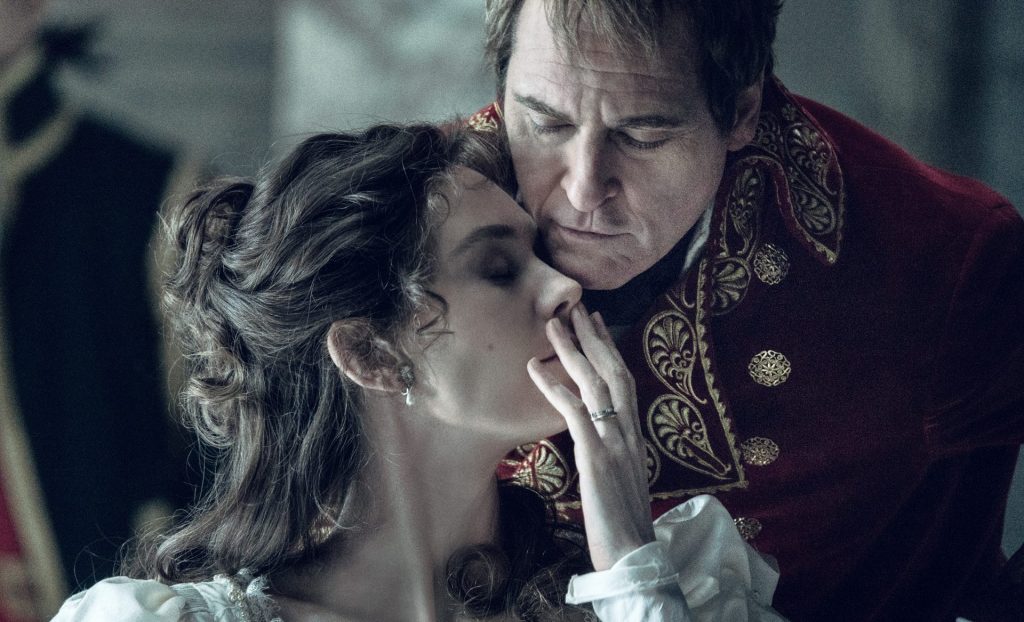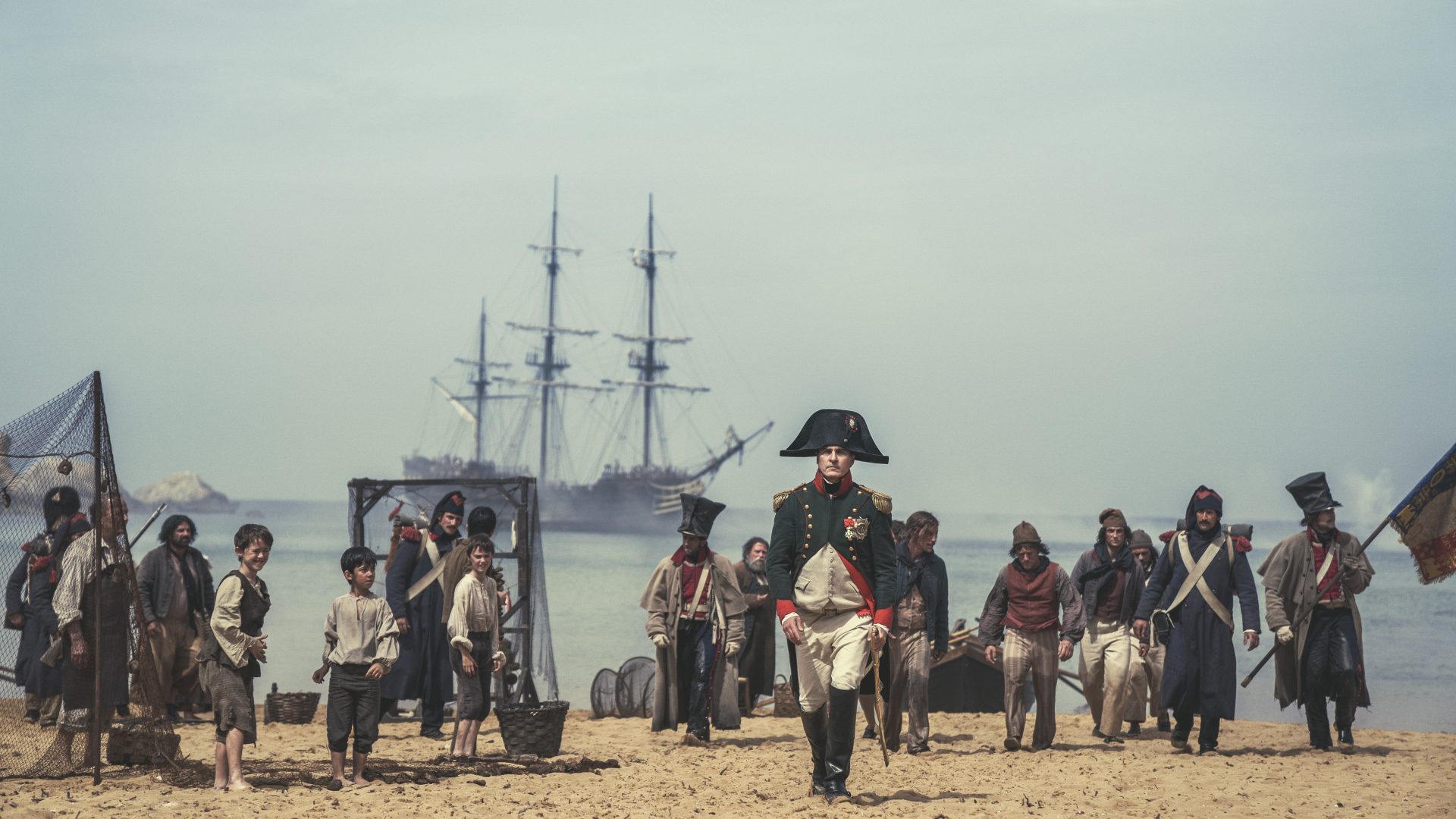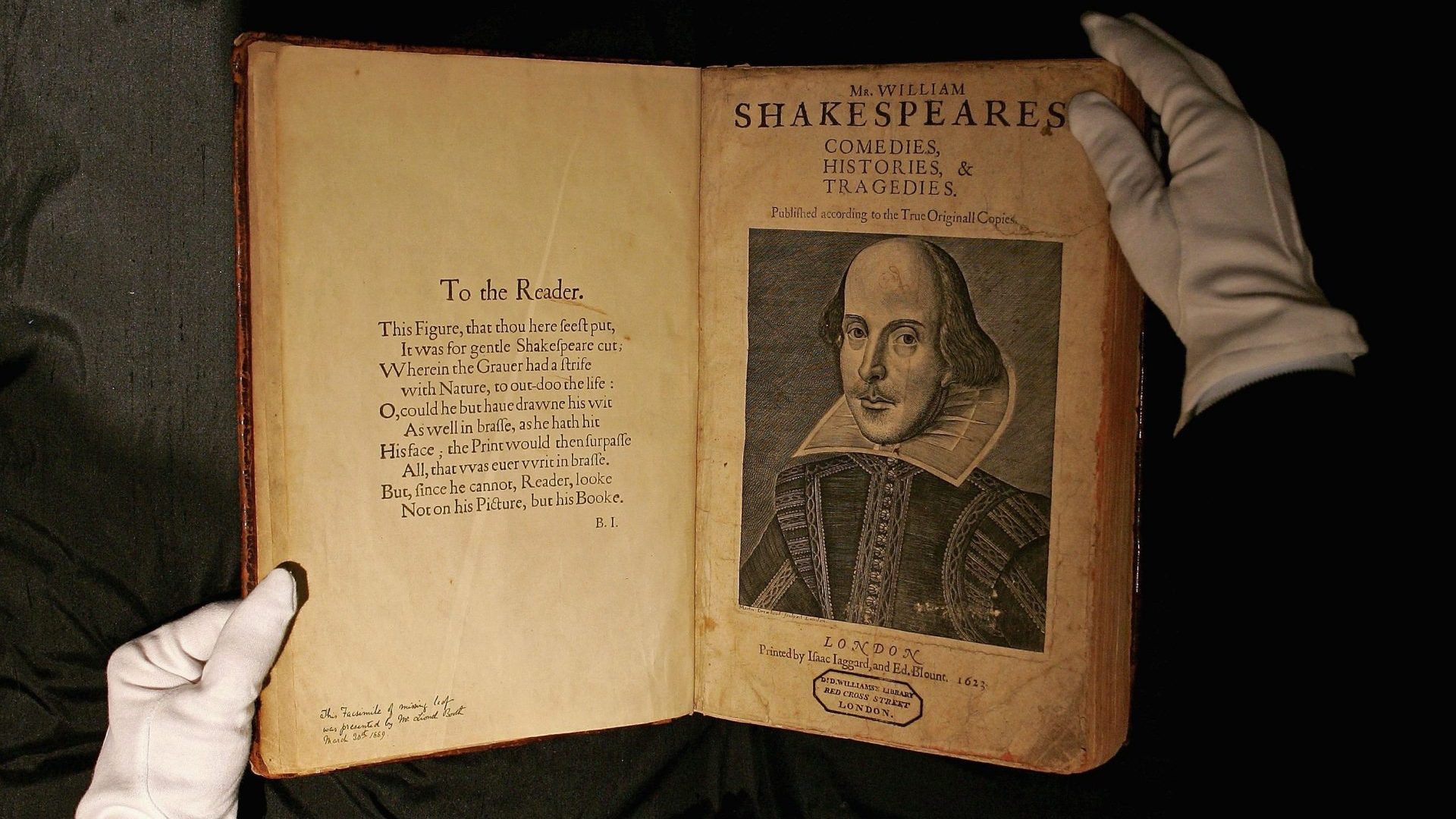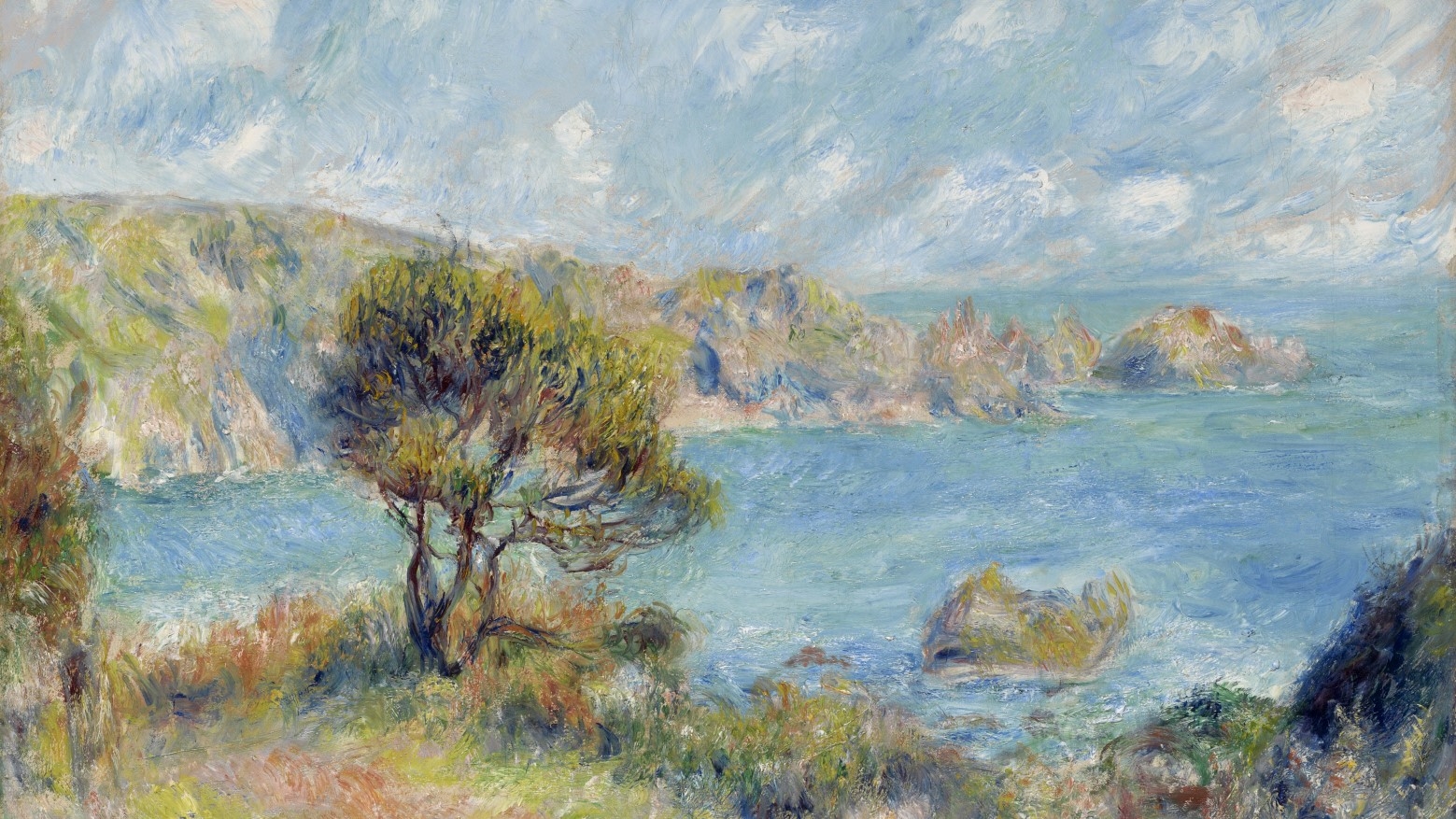What lay under the hat and in the mind of Napoleon? Ridley Scott’s new biopic invites us on a bold quest to find out, but as with its subject, the final victory is never fully realised. It’s epic on the battlefield but oddly comic in the bedroom and elsewhere, with some excellent performances. Yet, what is its big idea?
The ambitious man from Ajaccio is played by Joaquin Phoenix, completing a triptych of his portraits of psychopathic brats: Commodus in Scott’s Gladiator, the cackling incel Arthur Fleck of Joker and now the Corsican who would be King, Napoleon.
Scott is the sort of director who could command armies, his films often seeing the big screen as vast fields to be conquered and there’s an undeniable, old-fashioned grandeur to much of the movie, with shades of Lean, DeMille or even Kubrick at their best. We don’t often see battle scenes of this magnitude and tactical, narrative clarity, so it would be a pity to wait until the film hits your TV or phone.
There’s the career-making capture of Toulon in 1793, seizing control of the city’s fort from the British using cannons and ladders and swords; there’s the march into Russia and the victory at Austerlitz in 1805, a remarkable sequence featuring soldiers trapped on the ice; and there’s Waterloo in 1815, pitting Napoleon and his pride against Wellington (played, rather nicely, by Rupert Everett) and some late-arriving Prussians.
All these are thrilling, wrapping the viewer up in rollicking big-screen movie-making that doesn’t spare the horses (although, of course, none were harmed in the making etc). Best of all, it doesn’t look like CGI or AI-likeness was much used – here are battle-hardened extras tumbling into the mud, falling like flies and marching on Moscow.
Scott contrasts the military manoeuvres with the more intimate movements of Napoleon’s private life, notably his love affair with Josephine who was to have been played by Jodie Comer (impressive in Scott’s little-seen 2021 film, The Last Duel) but is now embodied by Vanessa Kirby. She does an excellent job of bringing those lithe, long-necked portraits of Josephine to life as well as imbuing her with a challenging, sexy modernity.

Unfortunately, the part is underwritten, or at least it felt that way in the truncated, 157-minute cinema cut I was shown – the inevitable Ridley Scott four-hour director’s cut will be on Apple TV soon – and such is her power over the Emperor with her femininity, sexuality and sex her only currency, that I was left actually wanting a movie all about her. Surely in these enlightened times and from the director who, for all his gruff machismo, did give us the fabulous Ripley character in the Alien franchise, that would have been a much more interesting take?
Because I really didn’t get Napoleon as a person. Phoenix is good – of course he is – and his Bonaparte is funny and petulant, like a naughty boy at times, throwing his armies around like toys out of a pram.
The laughs – they’re practically giggles – are perhaps one of the best things about David Scarpa’s script, but gags have never been Scott’s forte and on occasion, you do wonder if they’re intentional, even if we have seen many comical portrayals of Napoleon from the likes of Ian Holm in Time Bandits and Teddy Camillieri in Bill and Ted’s Most Excellent Adventure.
There’s plenty of business with his hat, without which he feels incomplete and there’s a fabulous bit where the infamously lost-at-sea Boney stomps out of a summit meeting with the British petulantly squeaking: “You think you’re so great because you have BOATS!”
In these moments, and when he sits down with the defeated Austrian Francis II and says “Oh, it’s so nice to meet another Emperor…” or when he bangs the dinner table with his tiny fists telling Josephine “I want an heir – now!’, he’s more like Miranda Richardson’s Elizabeth in Blackadder (“er, who’s Queen?”) than the ruler of Europe.
However much there is to enjoy in Napoleon – and there are, literally hours of fun in all the costumes and the wigs and all the “rhubarb rhubarb” of Robespierre’s court, the portly aristocrats, and in all the imperial rumpy-pumpy – Scott does fail to find the heart of the piece.
Is it about geopolitics, or the make-up of modern Europe? Is it about a man and a woman and a great love story? Is it about inferiority complexes and little man syndrome or the psychology and psychopathy of power, a reflection on our current populists and tyrants? Is it about family and dynasty – Napoleon’s brother Paul has a significant part in the early section of the film and then just disappears (though not quite as much as Ludivine Sagnier who is prominently, excitingly named in the opening credits but seems to have been guillotined out of the whole movie)?
Despite opening with Marie Antoinette losing her head to Edith Piaf’s version of the French women’s revolution-era battle cry, “Le ça ira”, nor is this film a Sofia Coppola-style poppy post-modern twist on the Napoleonic age or the patriarchy. Indeed, while happy to suspend my doubts throughout, the film’s ultimate relevance missed me like an errant cannonball.
What’s lacking is something iconic, like the extraordinary snowball fight scene in the truly epic Abel Gance silent version of 1927, which towers above this in terms of capturing Napoleon’s overweening, steely-eyed ambition.
Unless you count the sight of the captured Joaquin Phoenix scoffing a full English breakfast and telling the Duke of Wellington: “I see now why you have such a good navy.”




